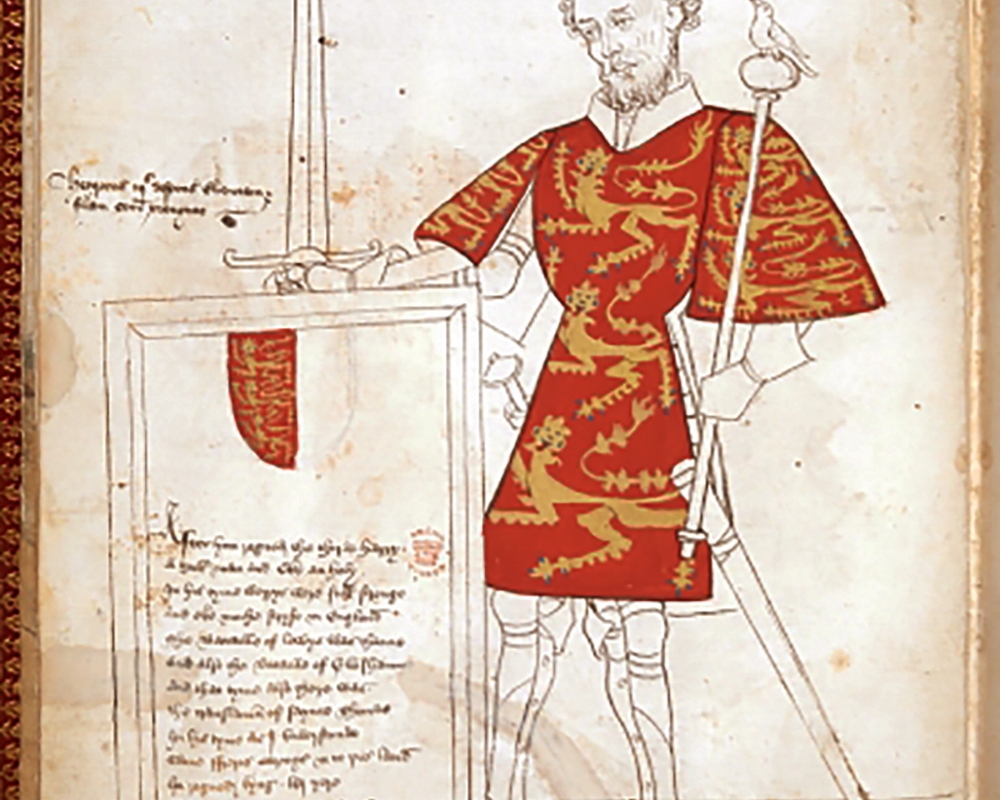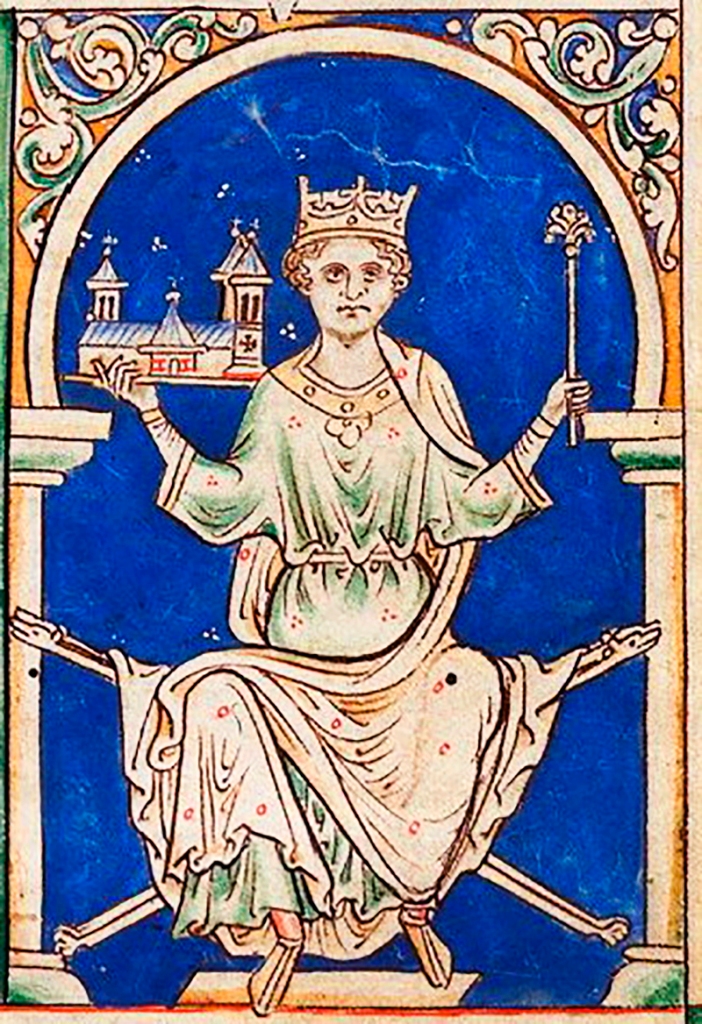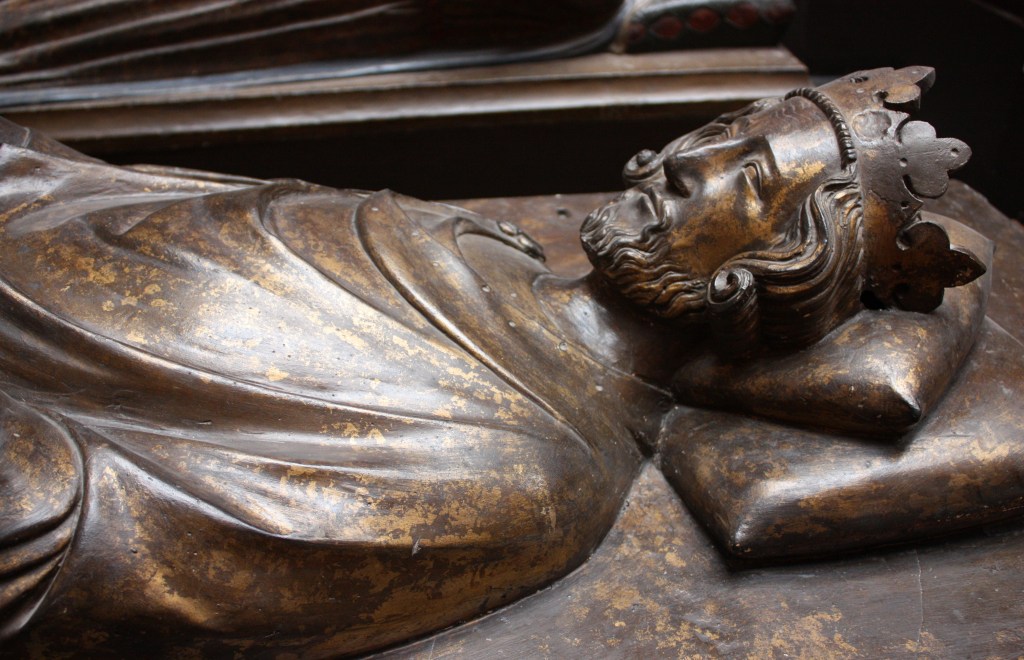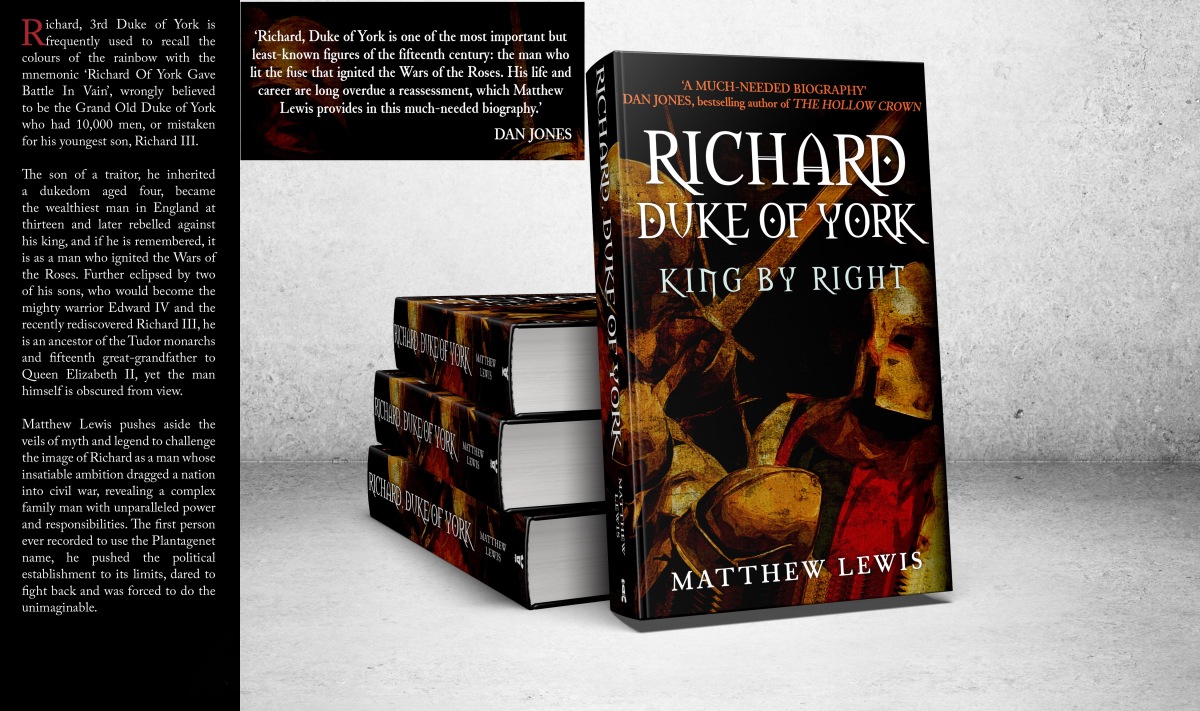Toni Mount’s new novel The Colour of Shadows, the eighth instalment of her brilliant Seb Foxley Mysteries, is release tomorrow, 1 September 2020. At last, this year has a bit of good news! Toni has been on a blog tour this month preparing for the launch. You can catch up with her fascinating posts at any of her stops.

Toni is a writer of fictional novels set in medieval London as well as several highly recommended non-fiction books on the period. Frequently giving talks as her alter ego, the medieval housewife, Toni is an expert on the aspects of day to day medieval life that too often go unnoticed, but which give her novels depth and offer readers an almost tangible medieval world to stroll through. I would say that you can almost smell the streets of London, but I’m not sure that would sound like the compliment I’d intend it to be!
The Colour of Shadows sees the intrepid Seb Foxley confronted by the body of a child found in his workshop, another missing boy, and a race against time that drags him into London’s grubby underbelly. All this while an old nemesis returns to add to his troubles. Can Seb and his growing family survive what The Colour of Shadows has in store?
I was lucky enough to catch up with Toni for an interview to celebrate the release of her latest novel.
Do you prefer writing fiction or non-fiction? Why?
Both require quite a bit of research which I always enjoy. Often, I’ll discover a gold nugget during my research and it will spark a story line for a new novel or another idea for a factual book, so sometimes, rather than researching material for a book, it works out that the research inspires a book. I enjoy the discipline of non-fiction writing but have to admit that the freedom to invent characters, situations and events, let my imagination fly – within reason – is a wonderful experience.
How do you go about researching the detail that makes your books feel so real?
Much of my daily life in medieval London research was done years ago, partly to set the tone for a Richard III trilogy of novels [originally saved on 30 floppy disks, if you can remember that far back, then saved on CD but otherwise never seen] and as background stuff for my Medieval Housewife persona. Then back in 2014 I wrote my most successful non-fiction book Everyday Life in Medieval London – I’ve become a bit of a specialist on everyday medieval life and I’m always adding new material as I discover it. Caroline Barron’s London in the Later Middle Ages is my bible with its lists of Lord Mayors, sheriffs, coroners, street maps etc. When I visit the modern city, I tend to find my way using my medieval mind map, thinking ‘the Panyer Inn was here, so Seb’s house would have been there’. Fortunately, the stinks have to be my invention. I have been known to get lost because many churches and other medieval buildings that once were there weren’t rebuilt after the Great Fire of 1666.
Other than Seb, do you have a favourite character?
I love most of the good guys and Seb’s family feels almost part of my own. In fact, my sons commissioned a portrait of Seb for my big birthday recently and it hangs over the fireplace as if he was an ancestor. My favourite in previous stories was Jack but he’s growing-up and moving on now. Thaddeus Turner, the City Bailiff, is coming to the fore in more recent books and if readers want to know what he looks like, he’s based on Aiden Turner – hence the name – as he appears in TV’s Poldark series.

Is it fun writing the bad guys too?
Oh, yes, the bad guys are tremendous fun. I know Ricardians hate me for it but having Francis Lovell, Richard’s best mate, as a recurring villain and two-faced Janus is so enjoyable [see The Colour of Poison and The Colour of Shadows]. I apologise [a tiny bit] to his fans. Elizabeth Woodville and her brother Anthony appeared as the baddies in The Colour of Murder and that was huge fun. Others of my villains are entirely fictional, like the murderous priest in The Colour of Cold Blood and the new villains in the book I’m writing now [The Colour of Evil] give me so much pleasure.
If you were transported to Seb Foxley’s London, what would you miss the most about the present (2020 being a bad example!)
Coffee. How would I survive without it? I’ve never tasted genuine medieval ale. It was probably sweeter than modern beer, being made without hops, and less alcoholic, otherwise everyone would have lived permanently inebriated and woken with a hangover every day. Even so, I wouldn’t want to live on the stuff and where would I be without caffeine? Tea and chocolate are also vital. Hot showers and a washing machine – I like to be clean without too much effort. And without modern medicine, I wouldn’t be here… The list is a long one.
Seb is exposed to London’s grubby underbelly in The Colour of Shadows. How dodgy were places like Bankside?
Crime was rife there, south of the Thames, but I think the medieval perception of Bankside probably made it seem even worse than it was. It’s hard to gauge because crimes are recorded in numerous contemporary sources: Court Rolls, Plea & Memoranda Rolls, etc. but good deeds are rarely noted to balance the scales. Imagine the picture painted for future historians by modern newspapers. Full of crime, scandal and assorted misdeeds, good news is not regarded as worthwhile because it doesn’t sell but there are plenty of decent, kind people out there who don’t make the headlines – the marvellous Captain Sir Tom being a worthy exception.
If anyone hasn’t started the Seb Foxley Series yet, with The Colour of Poison, why should they join Seb’s adventures?
Historical novels are a brilliant way to get into our history. I failed my History GCSE (or ‘O’ Level exam as it was called centuries ago), that’s how little interest I had in the subject at school. Studying Corn Laws, acts of Parliament, treaties, the Franco Prussian War, entente cordiale… who cares about that? Then, in my twenties, a work colleague lent me a Jean Plaidy novel in her Plantagenet series. Suddenly, history was full of interesting people. [For the O level, Otto von Bismarck got a mention, I think, but Queen Victoria, Gladstone, Disraeli, etc. didn’t.] Characters bring history alive, whether real or fictitious. I began reading non-fiction history and I’m still going. As for Seb’s adventures, they bring a Sherlock Holmes element for readers to get involved with. A decent hero getting into scrapes in medieval London + a whodunnit mystery: what more could a reader want?

The Colour of Shadows is Seb Foxley’s eighth outing. Is he getting tired of all the mystery yet, or does he still have plenty left in the tank?
No, Seb’s not done yet. As I mentioned, The Colour of Evil [no.9] is well on its way and storylines are evolving for The Colour of Rubies [no.10], The Colour of Bone [no.11] and The Colour of Secrets [no.12]. For avid Ricardians, Secrets might throw light on that perennial mystery of the Princes in the Tower. Seb may well be involved and solve that one.
What does your desk look like when you write (if you write at a desk) – tidy and organised, or chaotic mountains of research?
A large pile of books, certainly, and often on wide ranging topics. At present, I’m writing an article on the Lisle Letters and Arthur Plantagenet, so there are a couple of relevant volumes on that. In The Colour of Evil, Seb is commissioned to write a copy of De Re Militari by Vegetius for the king. Richard III had a copy and the details of its content and format are in Sutton and Fuchs work Richard III’s Books, so that’s on the pile. Lots of volumes on medieval sex and marriage because that’s the next factual book I’ve been commissioned to write. It’s a teetering heap but there’s room for my coffee cup, so all is well.
Do you have a favourite medieval word that you’ve come across?
I found some super medieval insults recently – by accident while researching the medieval sex and marriage book but that’s how it often happens – in an academic collection The Trials and Joys of Marriage in the Middle English Texts Series. In ‘The Treatise of Two Married Women and a Widow’ by William Dunbar, a woman is describing her useless husband to her friends. Apparently, he is a wallidrag [a slovenly fellow], a waistit wolroun [lazy oaf], a bag full of flewme [phlegm], a skabbit skarth [a scabby monster (my personal favourite)] and more besides. Sounds like a real sweetheart, doesn’t he? I have just the character to use those words in The Colour of Evil so you’ll find them there in the next novel.
Who is a writer that you admire and think more people should read?
For medieval crime mysteries way back, Ellis Peters’ Brother Cadfael series was full of gems. The TV series starred Derek Jacobi and was brilliant. Can’t imagine why it’s not been repeated. Mel Starr’s Hugh de Singleton novels are in the same vein and worth a look. And of course the master of the genre, C. J. Sansom.
Non-fiction authors I admire include Lucy Worsley, Ruth Goodman and Stephen Porter and, I’m not sure if you’ve heard of him, but Matthew Lewis is to be recommended [There’s a rumour that he writes novels too].

You and I are both Ricardians. What do you think is the enduring appeal of Richard III?
For me, it was always the mysteries surrounding him: was he a great man or a monster? Was he deformed? Was he a serial killer? Finding his skeleton in the car park was a disaster for my personal take on what happened post-Bosworth, the subject of my aforementioned unpublished trilogy. Thank goodness the Crown refuses to allow DNA testing to be done on the bones in the urn at Westminster: I don’t want another mystery solved. The less we know, the more we can imagine.
Thank you Toni for your fascinating answers. You can keep up to date with all Toni’s book news on her website at www.tonimount.com. All of Toni’s novels and non-fiction books are available at Amazon from her Author Page. The Colour of Shadows is available from tomorrow, 1 September 2020, so enjoy a great late summer read with Seb.












